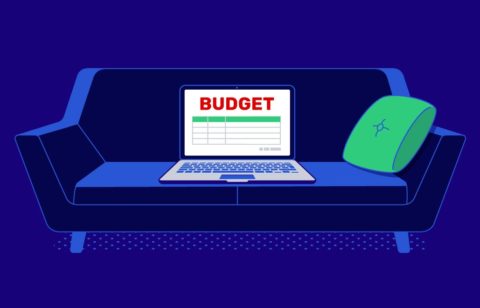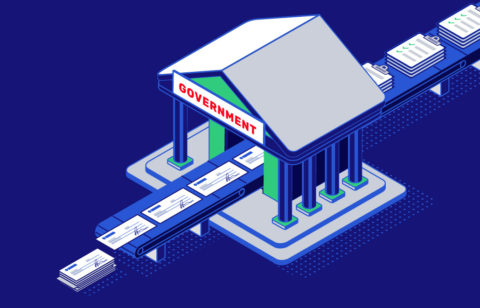Losing a job can feel overwhelming, especially if it happens suddenly. Beyond the financial stress, it often brings uncertainty about the future. While you can’t control everything, you can take steps to protect your finances, explore new opportunities, and set yourself up for a smoother transition. Here are ten practical actions that may help you navigate this challenging time.
1. Assess Your Finances
The first step after job loss is to get a clear view of your financial situation. Make a list of your essential monthly expenses—such as rent or mortgage, utilities, insurance, and groceries—as well as any bills that may come up later in the year, like property taxes. Take stock of your savings, checking accounts, and retirement balances. Knowing exactly what resources you have available will help you make informed choices about how to cover expenses while you’re unemployed.
2. Create a Budget Plan
Once you understand your financial picture, build or update your household budget. List your necessary expenses first, then compare them to the income and savings you have available. If your expenses are higher than your resources, look for areas where you can make cuts. Non-essential items—such as subscription services, dining out, or entertainment—are usually the easiest places to scale back. A clear budget can help you stretch your money further and reduce stress while you search for new work.
3. Apply for Unemployment Benefits
If you’re eligible, unemployment benefits can provide temporary financial support while you look for your next job. Each state has its own rules about who qualifies and how long benefits last, so check your state’s unemployment website for details. Apply as soon as possible, since it may take time for your claim to be processed. Once approved, make sure to update your budget to reflect the additional income.
4. Communicate With Creditors
If you have a mortgage, car loan, student loan, or credit card debt, contact your lenders right away if you expect to have trouble making payments. Many creditors offer hardship programs or temporary adjustments that may give you some breathing room. Options can include lowered payments, deferred due dates, or waived late fees. Reaching out early shows good faith and may help you avoid falling behind.
5. Begin Your Job Search
Even if you hope to find temporary income first, start preparing for a long-term role as soon as possible. Update your resume with your most recent accomplishments and refresh your online profiles on platforms like LinkedIn. Consider connecting with former colleagues or professional associations to learn about openings. It can also help to practice common interview questions so you feel confident when opportunities come up.
6. Consider Temporary or Part-Time Work
Finding a full-time job may take time, so consider ways to bring in income in the meantime. Part-time, freelance, or gig work can help you close budget gaps and ease financial stress. Depending on your skills, you might explore opportunities like tutoring, delivery services, childcare, or freelance work in areas such as writing, design, or technology. Even short-term income can make a difference while you search for your next long-term role.
7. Explore Assistance Programs
Beyond unemployment benefits, there may be other programs that provide support during job loss. Some nonprofits, community organizations, and government agencies offer resources such as food assistance, housing support, or help with utility bills. Eligibility and availability vary, so it’s worth researching what’s offered in your state or local community. These programs can serve as a helpful safety net while you get back on your feet.
8. Leverage Local Resources
Your community may have resources designed to support people during times of financial difficulty. Local food banks, nonprofits, and community centers often provide essentials like groceries, clothing, or help with basic bills. Some organizations also host job fairs or networking events that can connect you with employers in your area. Reaching out to these resources can lighten the burden and may even open doors to new opportunities.
9. Invest in Skill-Building
Job loss can free up time that you might not have had while working. Use it to strengthen your skills and qualifications. Free or low-cost online courses, workshops, and professional certifications are widely available. Learning something new or improving your current skills can help you stand out to employers and prepare you for different types of roles in the future.
10. Take Care of Your Well-Being
Job loss affects more than just your finances—it can also take a toll on your mental and physical health. Maintaining a routine can help bring structure to your days. Try to get enough sleep, eat balanced meals, and include regular movement or exercise. Staying connected with family and friends can also provide encouragement and perspective. Taking care of yourself puts you in a stronger position to manage stress and move forward.
Final Thoughts
Losing a job is never easy, but it doesn’t have to define your future. By organizing your finances, seeking support, and exploring new opportunities, you can make this period more manageable. Use the time to build resilience, expand your skills, and prepare for the next chapter in your career. With steady steps, you can move toward stability and open the door to new possibilities.







